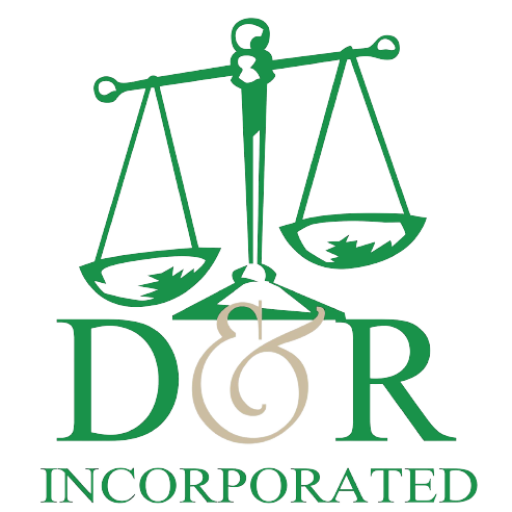They write:
I was under debt review and got a clearance certificate, but the debt review companies also had my husband listed under debt review, and he never applied. We are not married in community of property. How can we clear his name, and how long should we wait for our credit scores to be good again? We want to buy a house.Benay Sager, Head of DebtBusters responds:
Marital status is an important determinant when a consumer applies for debt review or debt counselling. For consumers who are married in Community of Property, everything they own and owe is seen as jointly owned (including debt), and therefore both spouses need to apply to debt review at the same time. This means if one spouse applies to debt review, the other spouse also needs to. For consumers who are married with an Antenuptial Agreement (i.e. an agreement signed before two spouses get married), there is no such requirement. For those who are married with an Antenuptial Agreement, each spouse is liable for what she or he owns and owes, including debt. An overwhelming majority of marriages in South Africa are conducted in Community of Property. The quickest way to find out whether one is married in Community of Property is this: unless you signed specific paperwork called Antenuptial Agreement before your marriage, chances are you are married in Community of Property.
In this case, the consumer indicates she is not married in Community of Property. If this is true, then the consumer would have had to present an Antenuptial Agreement (which would have been signed in the presence of a legal professional before getting married) to prove this status at the time she applied to debt review.
It sounds like this information was either not requested by or presented to the debt counsellor at the time of the debt review application. It could also be that the consumer has a joint bond with their husband. Either the marriage was assumed to be in Community of Property or there was a joint bond, and therefore husband was also included in debt review. It is odd that the consumer did not check this at the beginning of the debt review process where it could have been clarified – the husband would surely have seen on his credit profile that he is also under debt review.
In any case, it is important for consumers to check for this at the time of application to debt review. The consumer indicates that she received a clearance certificate, but the husband did not. If the husband was listed as being under debt review at the same time as the wife, then he should have received the same clearance certificate.
We would advise the consumer to speak to the debt counsellor about this – if there is a joint bond we would advise the consumer to speak to the creditor on the bond as well. It is important to clarify why the husband has not received a clearance certificate (i.e. was it an omission or because of some other reason) so that the consumer can get the issue resolved. Once a clearance certificate is granted, the debt counsellor is expected to update credit bureaus via the National Credit Regulator’s Debt Help System within a reasonable amount of time.
It is then up to credit bureaus to remove the debt review flag; as soon as this is done consumers are eligible to apply for new credit. How long it takes for the credit score to improve after removal of the debt review flag is up to the payment behaviour of the consumer, so it is difficult to give an exact answer.
In most cases, debt review flags are removed within four to six weeks after granting of clearance certificates, and most consumers are eligible to apply for new credit immediately after that.
This article is provided by Fin24

